Use a differentiated experimental design worksheet to introduce your students to the concept of fair testing in science.
What Is Fair Testing in Science?
Fair testing in science means assuring that an experiment is performed in a way that makes it reliable and unbiased. It’s about controlling variables, testing one factor at a time, and collecting accurate data to draw meaningful conclusions. Instructing and showing students how to develop and conduct fair tests helps them acquire critical thinking and a more in-depth understanding of the scientific process.
Support Your Students with Printable Experimental Design Worksheets
This set of printable experimental design worksheets is ideal for guiding students as they start their scientific investigations. Whether they’re new to the concept of fair testing or ready to tackle more elaborate experiments, these worksheets help students plan and execute scientific experiments step-by-step.
What’s Included?
Our resource provides two variations to meet the needs of students at different ability levels:
- Upper-Level Worksheets: These templates use precise scientific vocabulary and encourage students to plan detailed, multi-step investigations.
- Lower-Level Worksheets: With simplified language and scaffolded prompts, these templates make planning a fair test easy for younger students or students with developing language skills.
We have also included options for each experimental design worksheet, including a preset experiment prompt for students to respond to and an open-ended option for students to create their own experimental design questions.
Download and Print Your Science Experiment Design Templates
This resource is available as a printable PDF resource file, as well as an editable Google Slides template. To get your copy, click the dropdown arrow on the download button to select your preferred file type.
This resource was created by Kaylyn Chupp, a teacher and Teach Starter Collaborator.
More Ways to Introduce Experimental Design for Kids
Looking for more ways to introduce your students to the world of experimental design? Make sure you check out these engaging scientific process activities before you go!
[resource:2065006] [resource:2064918] [resource:4599303]
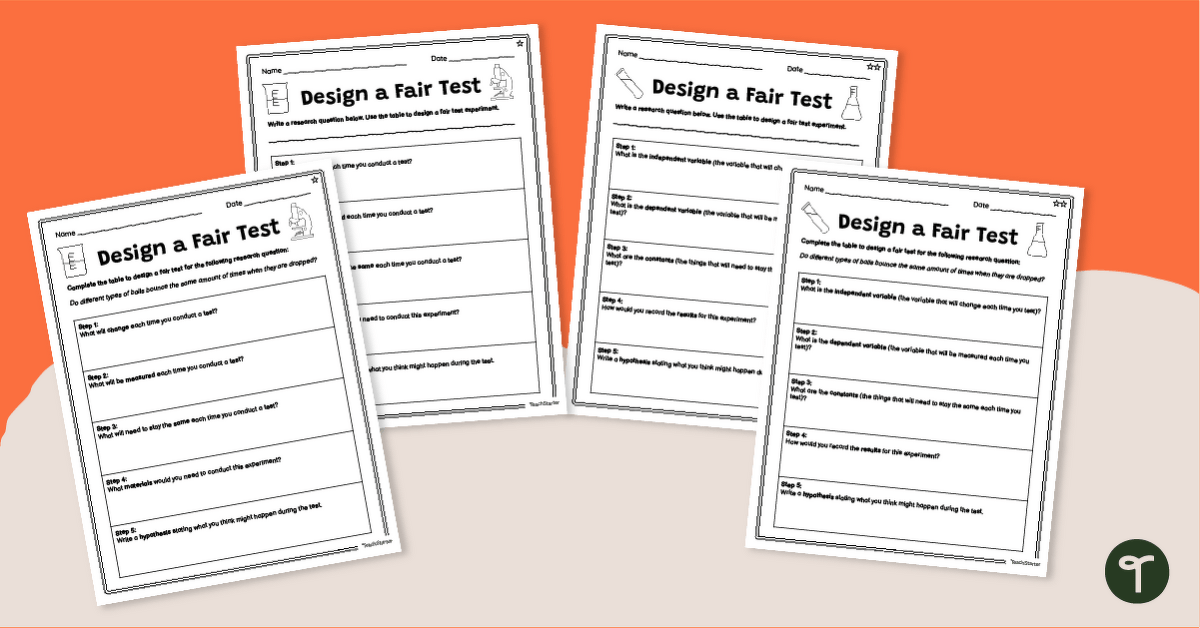

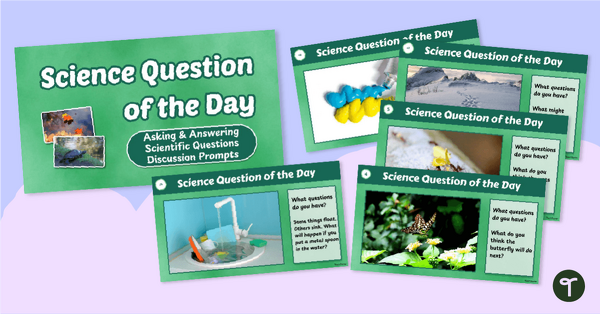
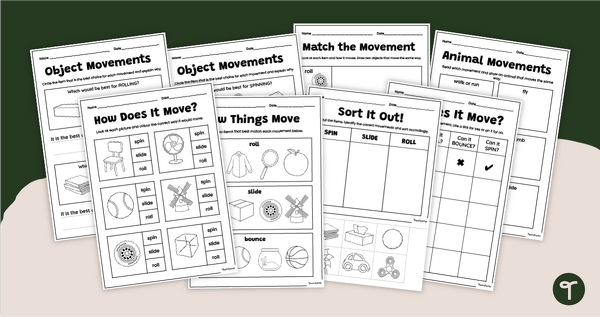
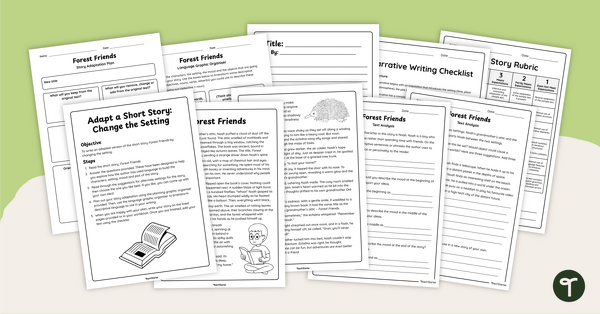

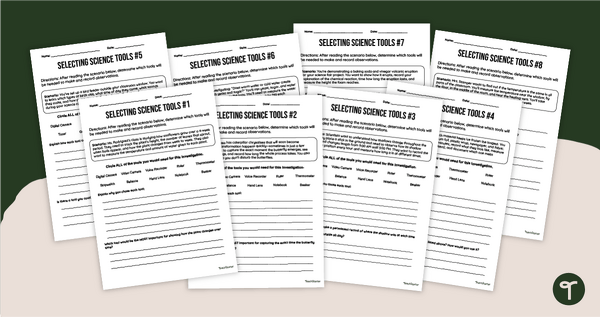
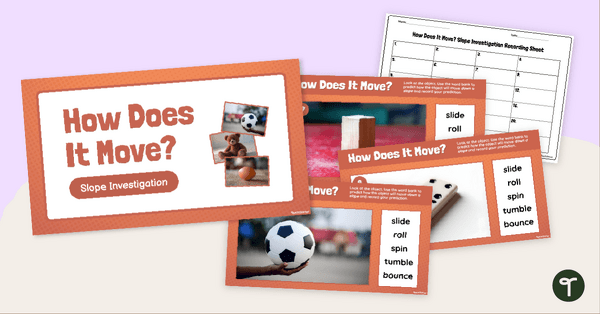
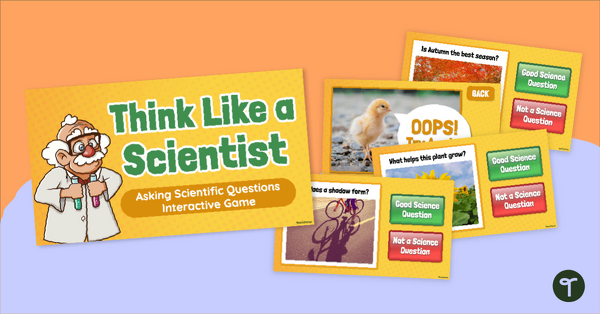
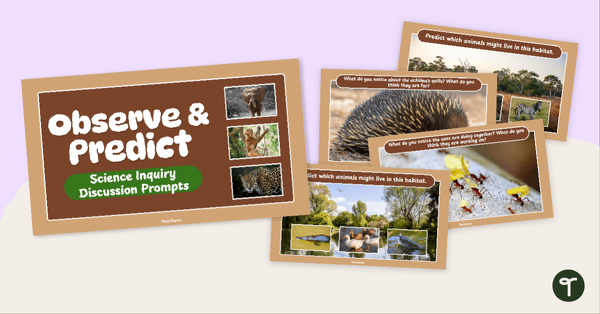
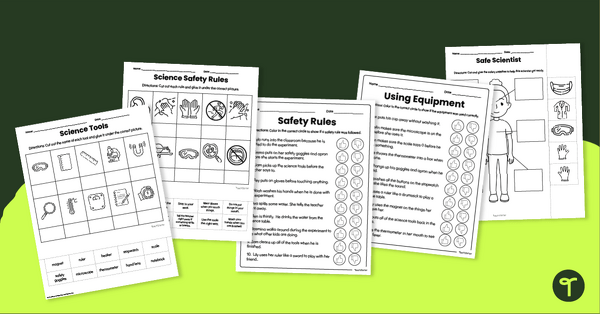
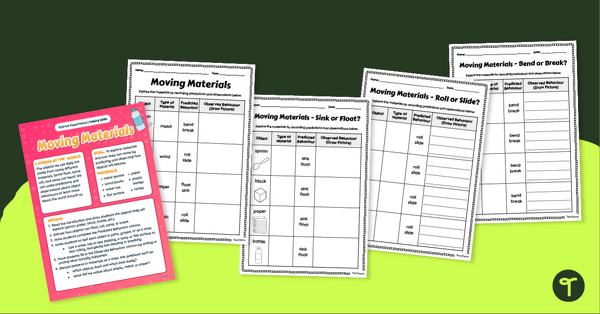
0 Comments
Write a review to help other teachers and parents like yourself. If you'd like to request a change to this resource, or report an error, select the corresponding tab above.